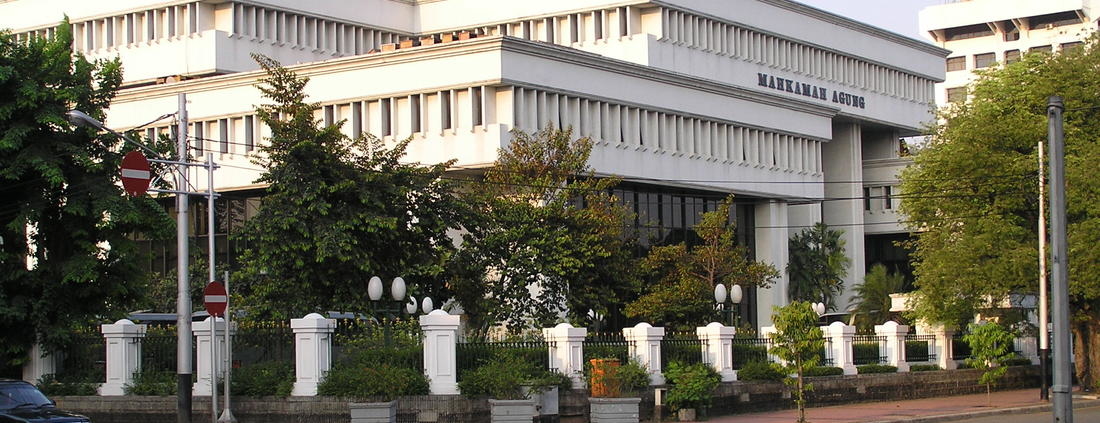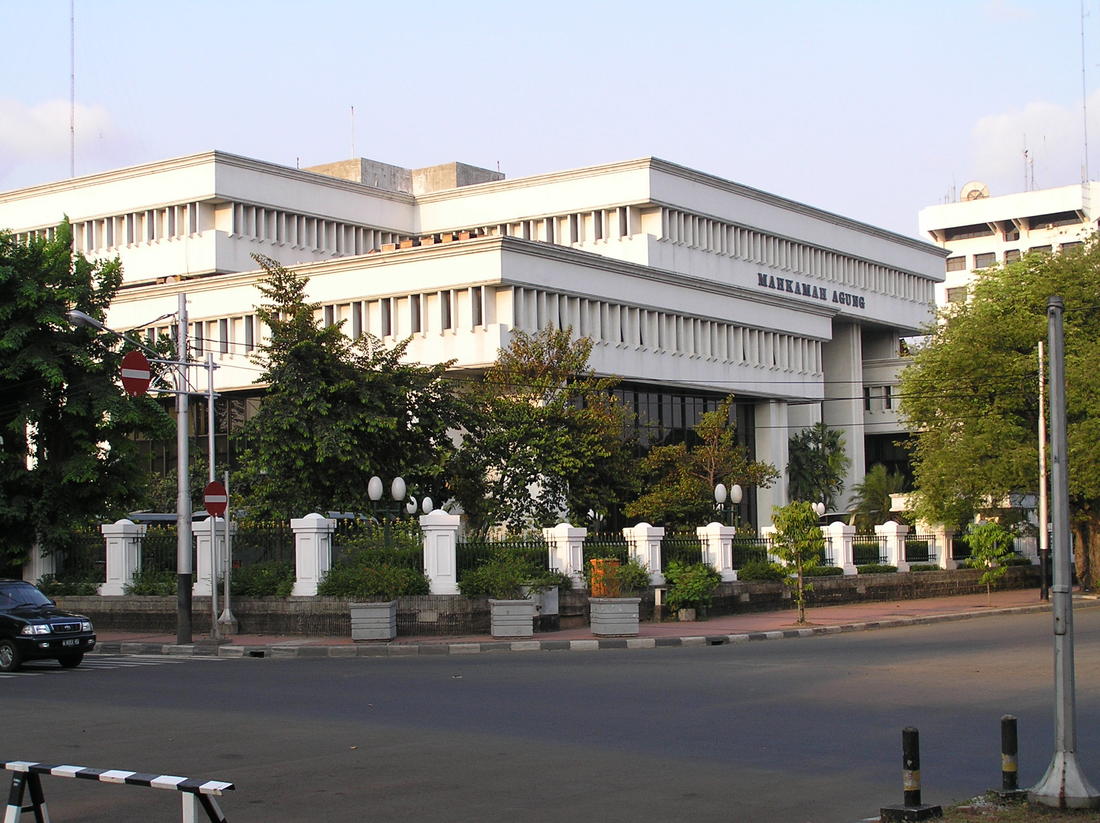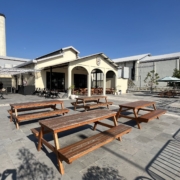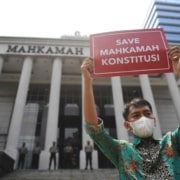The UN Basic Principles on the Independence of the Judiciary emphasise the important role of the judiciary in balancing the executive and legislative powers, and its essential role in protecting human rights. This means other branches of power should respect and guarantee the independence of the courts.
But true independence is not just rhetorical – it must include the judges’ well-being and security. For Indonesian judges, this might be a distant hope. From 7 to 11 October 2024, a group of judges called Indonesian Judges’ Solidarity (Solidaritas Hakim Indonesia, SHI) took collective leave of absence to protest their poor conditions, including their remarkably low salaries. In effect, thousands of judges were on strike. A similar strike also took place twelve years ago.
First-level judges: overworked, underpaid
Under the Indonesian Constitution, the judicial power is implemented by the Constitutional Court and the Supreme Court, along with the judicial bodies under the authority of the Supreme Court – the general courts, the religious courts, military courts, and state administrative courts. The judges in the courts under the Supreme Court generally can be divided into three levels: District judges at the first level, appeal judges at the provincial level, and Supreme Court judges. In this article, I focus on district court judges and exclude military court judges.
Indonesian judges face three challenges not found in many other countries. First, they are moved regularly around the country, unless appointed to the Supreme Court. Indonesia is the biggest archipelago in the world, and this means judges often must live far away from their families and support systems, mostly in rural locations. The standard of health, security, and education facilities varies enormously between big cities and other regions in Indonesia.
The second challenge is the duality in judges’ official status. Although the Judicial Power Law and Civil Servants Law say judges are ‘state officials’, their status, in fact, remains that of civil servants. As a result, judges’ career paths are defined by the civil servant system, ignoring the courts’ constitutional independence from the other branches of government. This means that judges and the Supreme Court still depend heavily on the executive and legislative power for their incomes and career advancement.
The third challenge is the massive jurisdiction of the district court. All trials in Indonesia are heard in the district courts, no matter how severe the crime, the value of the claim in civil cases, or the number of cases waiting to be decided. In 2023, according to the Supreme Court Annual Report, the District Court had 2,074,718 unresolved criminal cases (almost half being traffic violation cases) and 136,775 unresolved civil cases. This leads to first-level judges being loaded with huge responsibilities while receiving a much lower salary and far fewer incentives than appeal and supreme court judges.
Inadequate Laws on Judges
Despite having a Judicial Power Law, there is no legal umbrella for judges in Indonesia. This partly explains why some regulations, such as judges’ recruitment and salaries, still follow the civil servant system.
The problems this causes are clear from the fact that it has taken twelve years and a judicial strike for the government to increase judges’ pay. Their salaries and allowances were regulated in Government Regulation No. 94 of 2012 on Financial Rights and Facility Entitlements of Judges under the Supreme Court, which fixed them as equivalent to those of civil servants. Supreme Court Decision 23 P/HUM of 2018 stated that these provisions had no legally binding power. But only two weeks after the strike, and at the very end of Joko Widodo’s presidency, did the government finally respond by passing Government Regulations No 44 of 2024.
Judges welcomed the new regulation because it delivered them a 40% rise in their allowances but it still does not address the underlying systemic issues.
First, judges’ financial entitlements are divided into salary and allowances, and only allowances have been increased, even though Supreme Court Decision 23 P/Hum of 2018 says the salary should have gone up, too. This amendment also does not secure judges’ official status. In the future, judges still depend on the government for their well-being. This does not close any possibility that another strike will occur.
Second, the pay discrepancy is increasing between first-level judges and those in the appeal courts. Third, the new Government Regulation mentions that the Supreme Court and the government should periodically evaluate judges’ salaries, but without explaining when and how the evaluation will be conducted. This might only be good on paper.
Moreover, the security and healthcare entitlements of judges and their families have no firm legal basis. As mentioned, healthcare for rural residents can be very limited, and the current health insurance for judges does not cover their families. To make matters worse, there is no security assurance for judges, even though judges and their families have to face frequent and serious security threats from members of the community unhappy with their decisions.
Together, these conditions have caused judges in Indonesia to be highly vulnerable. The risk this creates is clear: it paves the way for corrupt litigants to exploit the judiciary and use their financial needs to serve their personal agendas. And we have not even started talking about how vulnerable female judges are.
Democracy, economy at stake
Despite major challenges to their well-being, there are certainly Indonesian judges who strive to uphold their responsibilities to justice and society. But if more attention is not paid to their rights, there could be catastrophic consequences in the future. In the long run, the judiciary will lose its independence and dignity, hindering legal reform, weakening democracy, and becoming a major obstacle to Indonesia’s growth.
Sadly, this is an old problem for Indonesian judges. Sebastian Pompe notes that judges have fought for their well-being since the colonial era, under Soekarno, and during the New Order. In other words, judicial authority has been abused in different political contexts in Indonesia and is still neglected today.
However, during a recent hearing between SHI and the national legislature (DPR), there was a phone call from Prabowo Subianto, the new president of Indonesia, who promised to take judges’ well-being seriously. This is a good sign, but judges need to look at any proposal carefully. Providing an appropriate standard of living for judges and a better judicial budget is essential to strengthening the independence of the judicial branch; it must not be used as a way to undermine it.






 https://en.antaranews.com/news/222277/pln-offers-30-discount-to-electric-vehicle-owners
https://en.antaranews.com/news/222277/pln-offers-30-discount-to-electric-vehicle-owners 



